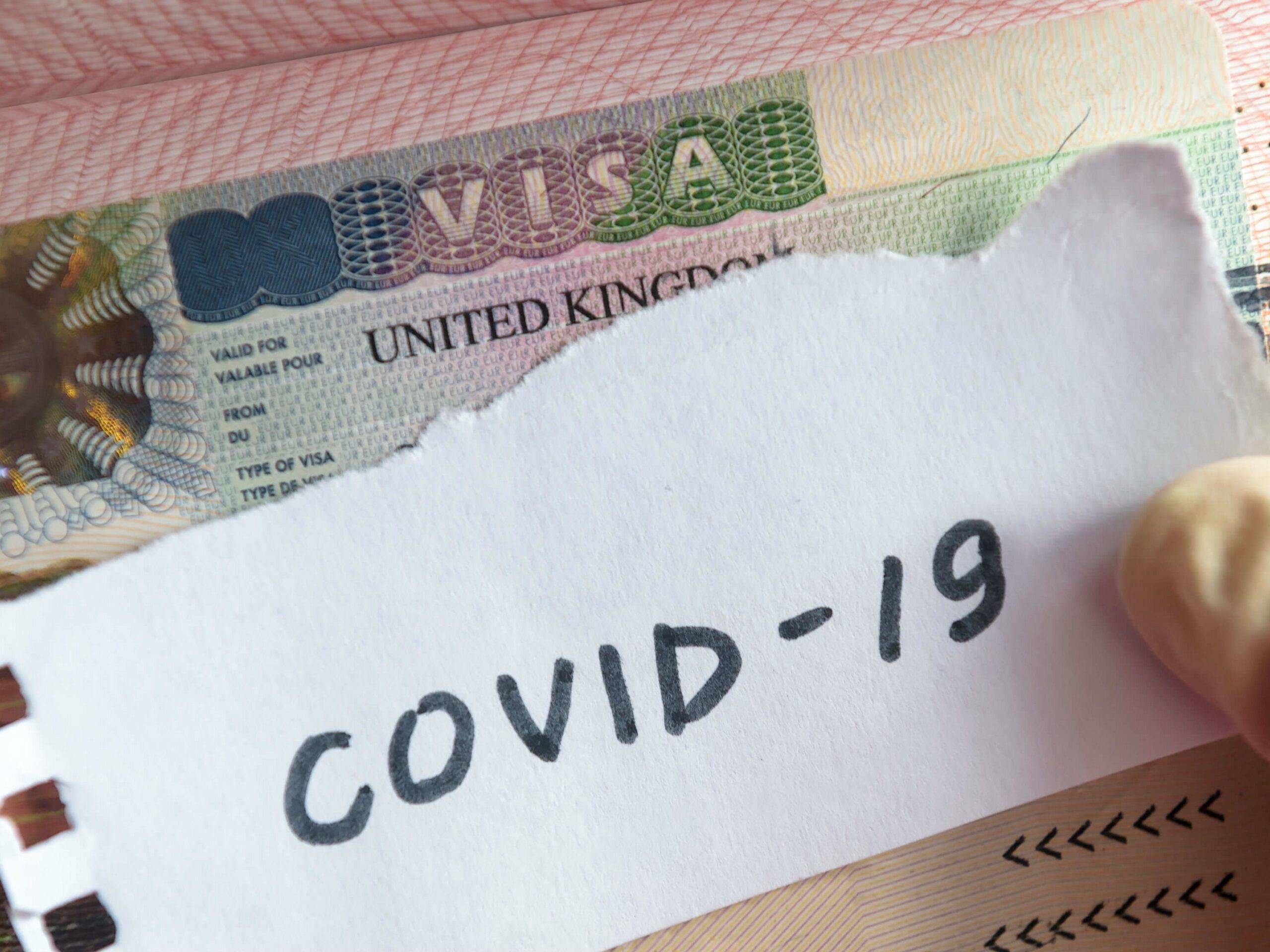Home office has today issued a new guidance for those who cannot leave the UK due to Covid-19. Unfortunately, Government is not minded to extend visas automatically for those who couldn’t return home previously.
Previously if you were in in the UK and your leave expired on or after 24 January Your visa was extended until 31st July 2010 due to travel restrictions or self-isolation
Now that travel restrictions are lifting globally Home Office is only allowing time until 31st August to make necessary arrangements for visitors to leave the UK in arrangements cannot be made before 31st July.
Condition of leave:
Home office guidance states:
During the grace period the conditions of your stay in the UK will be the same as the conditions of your leave. So, if your conditions allowed you to work, study or rent accommodation you may continue to do so during August 2020 ahead of your departure.
It further states:
You do not need to contact the Home Office to tell us you are able to leave the UK during the grace period up until the 31 August.
What if you can’t leave by 31st August?
If you cannot leave by 31st August you may be able to apply for ‘exceptional indemnity’, by contacting the coronavirus immigration team (CIT).
This indemnity is not a leave to remain in the UK but act as a short-term protection against any enforcement actions Home Office want to take against you.
Home office further advices:
If your visa or leave expired between 24 January 2020 and 31 July 2020 there will be no future adverse immigration consequences if you didn’t make an application to regularise your stay during this period. However, you must now do so from 1 August.
Therefore, those of you who would like to stay in the UK after 31st August must make an application for leave to remain.
For further advice please call our experienced immigration team. We speak your language.

